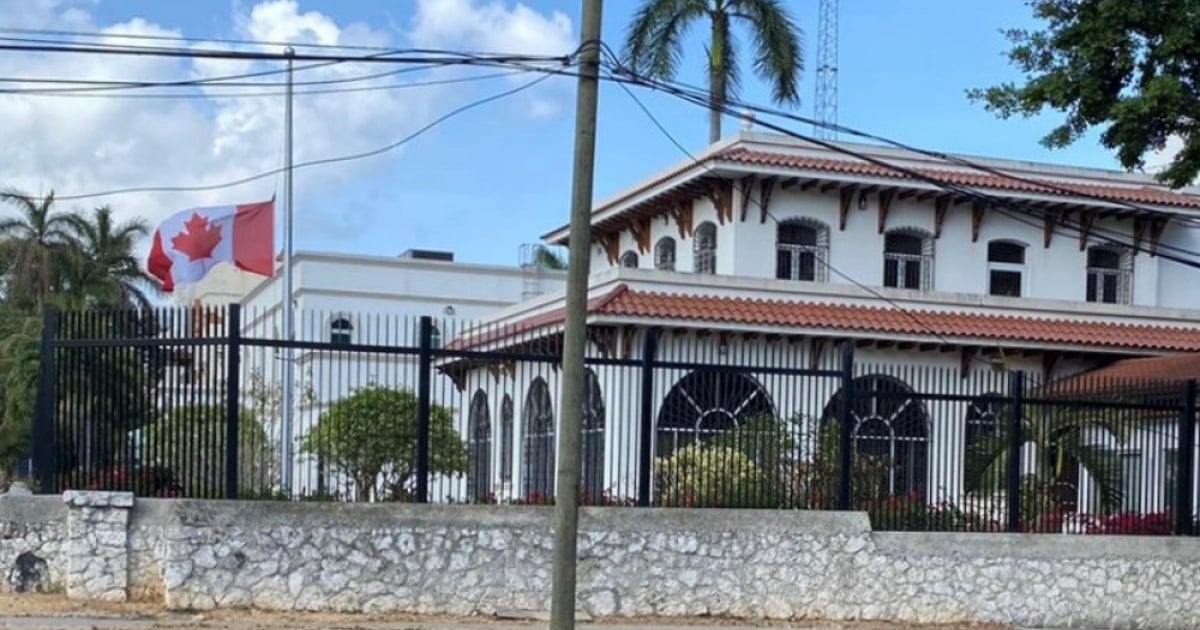The Canadian government, led by Prime Minister Justin Trudeau, has unveiled a significant shift in its immigration policy by announcing a reduction in the admission of new permanent residents. In 2025, the nation plans to welcome 395,000 immigrants, marking a 21% decrease from the nearly 500,000 previously authorized. This move is intended to "curb population growth," allowing provinces to enhance their healthcare services and housing programs, as stated by Trudeau.
In the wake of the pandemic, Canada had increased immigration targets to counter labor shortages. However, Trudeau acknowledged that "the right balance was not achieved." Public support for the open-door immigration policy has waned, with polls indicating growing concerns among Canadians about the impact of immigration on housing and social services.
Future Immigration Goals
As part of the strategy, Immigration Minister Marc Miller has set a goal of 365,000 new permanent residents by 2027. This is alongside previously announced restrictions on admitting temporary workers and international students, who now face more stringent limits. The aim is to ensure that available jobs are first filled by Canadian citizens or permanent residents, with a focus on sectors like construction and healthcare that still face staffing shortages.
While immigration has been a cornerstone of Canada's growth, transforming it into one of the world's most multicultural nations, this decision represents a departure from decades of open immigration policies. The soaring housing prices, averaging around 700,000 Canadian dollars, and a 22% increase in rents over two years have led many Canadians to question the sustainability of high immigration levels.
Impact and Criticism
The reduction has drawn criticism from immigrant rights groups, who argue that the housing and job crises are more due to structural issues and decades of underfunded public services rather than the presence of foreigners. These groups contend that immigrants are not to blame for the lack of access to services like healthcare and education, urging Trudeau to reconsider the restrictive approach.
The shift in immigration policy also affects higher education institutions, which are concerned about potential revenue losses due to the cap on foreign students, a group that numbered 800,000 in 2022. This decision might drive many international students to seek educational opportunities elsewhere if Canada maintains its strict stance.
This adjustment highlights the Canadian government's effort to address the mounting concerns of its citizens and seek a balance in its immigration system. According to Trudeau, while it has been “flexible and responsible,” the system is now undergoing a comprehensive review to adapt to the current times.
